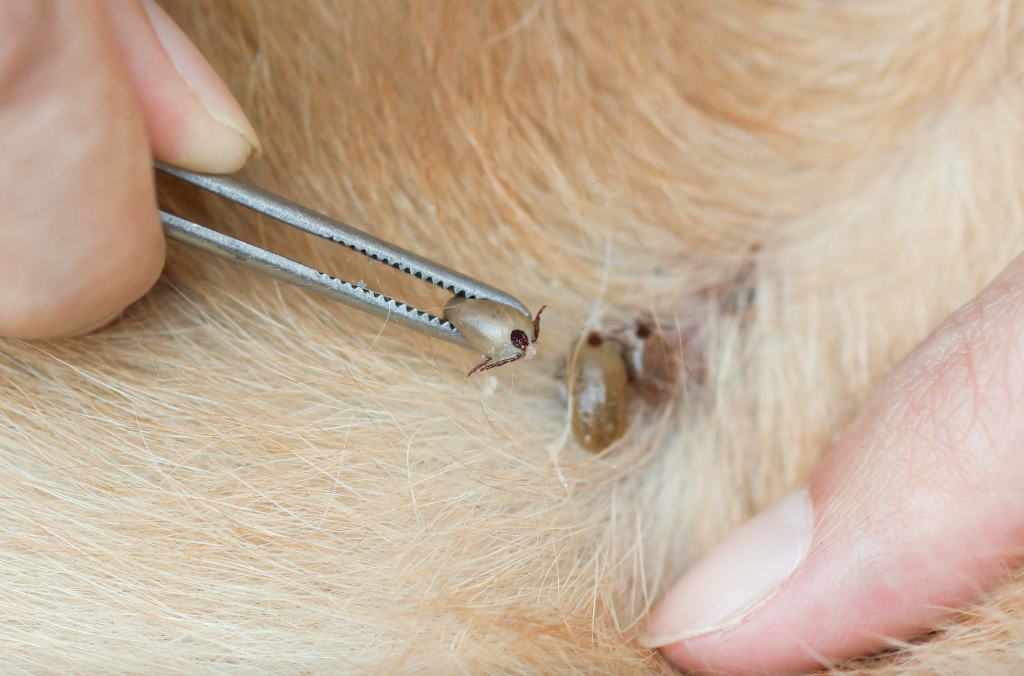
Scientists Outline Hidden Risk Of Seasonal Changes On Pets' Health
MSD Animal Health announced the Protect Our Future Too initiative (#Protectourfuturetoo) across more than 30 countries in Europe, Russia, North Africa and the Middle East to raise awareness of the risks to our household pets caused by seasonal changes, such as warmer months in autumn and winter as well as higher temperatures in general.
The initiative follows the conclusions of an international roundtable meeting of 19 European scientists representing a number of specialist areas including parasites, animal behaviour and animal diseases. Expert participants shared a range of insights and their conclusions highlight that seasonal changes are having a wide range of effects on the health of household pets.1
To gauge pet owner understanding of the impact and risks of seasonal changes, a survey was conducted among both pet owners and vets. This found that 70% of UK pet owners surveyed did not feel sufficiently informed about the impact of environmental changes such as warmer temperatures and humidity on their pet.3
One such impact is an increase in parasites such as ticks, as they are able to survive for longer in warmer climates.4 TV vet James Greenwood, a spokesperson for the initiative noted, “When I started in practice in Bristol 13 years ago it was so rare to see a tick on a dog, we would call everyone else in the practice round when we found one. Now it’s commonplace. And because parasites on our pets can cause serious health problems not just for them but for owners too, it’s now more important than ever that the public are aware of the risks.”
In addition to ticks, fleas also pose risks to pets and human health. A recent study of UK vet practices has shown that 1 in 4 cats (28%) and 1 in 7 dogs (14%) attending vet clinics for routine matters such as health checks and vaccinations were found to have fleas.5 This is of concern as 11% of the fleas found on cats and dogs were shown to be carrying Bartonella bacteria and a further 5% carrying Rickettsia felis bacteria – both of which can cause disease in animals and humans.6
Richard Wall, Professor of Zoology at the University of Bristol and supporter of the Protect Our Futures Too initiative commented: “We know that controlling parasites like fleas is really difficult because they can survive for a relatively long time without a host, and only a short break in anti-parasite treatment can allow them to re-establish themselves on an animal. Whereas once owners might have been less likely to treat their pets during the winter months, seasonal changes mean that parasites are more likely to become a year-round problem now, so it’s really important that owners seek the advice of a vet to make sure their pets – and they – are continuously protected.”
Even among owners who were using flea treatment on their pets, it is speculated that factors such as incorrect application of the product, or possible flea resistance to common medications are thought to be contributing to a worrying observation in vet practices that some animals who have apparently been treated, continue to have fleas.7
“It is important for vets to ensure that owners are educated on the importance of year-round flea treatments to prevent persistent flea infestation,” said Doctor Ian Wright, Head of European Scientific Counsel for Companion Animal Parasites (ESCCAP) UK & Ireland. “Routine flea control and proper education for correct application, as prescribed by vets and directed by the whole practice team, is absolutely vital for the health of cats, dogs, and the wider public.”
Owners are urged to speak to a vet for more information and visit protectourfuturetoo.com for additional tips on how to protect their pets all year round.
- Protect Our Future Too - Expert roundtable meeting
- Protect Our Future Too - Vet Polls results
- Protect Our Future Too - Pet Owner Polls results
- Rosatti A. Global Warming and Its Health Impact. Int J Occup Environ Med. 2017 Jan;8(1):7-20. doi: 10.15171/ijoem.2017.963
- Abdullah et al. Pathogens in fleas collected from cats and dogs: distribution and prevalence in the UK. (2019). Parasites & Vectors 12:71
- Abdullah, Swaid, et al. The Prevalence of Rickettsia Felis DNA in Fleas Collected From Cats and Dogs in the UK. Veterinary Parasitology, vol. 282, 2020, p. 109143.
- Cooper et al. (2020). Fleas infesting cats and dogs in Great Britain; spatial distribution of infestation risk and its relation to treatment. Medical and Veterinary Entomology, doi: 10.1111/mve.12462
More from MSD Animal Health
- AHDB data highlights opportunity to strengthen abortion control in UK flocks
- Rising Lungworm and Resistance Fears Prompt Vaccination Advice Pre-Turnout
- Practical Webinar Helps Beef Farmers Tackle Costly Scour Issue
- Data Highlights Gaps in Calf Scour Control on GB Farms
- MSD Animal Health Launches 2026 FlockCheck Scheme Early to Help Tackle Reproductive Losses in Sheep

 5 years ago
5 years ago  1854 views
1854 views